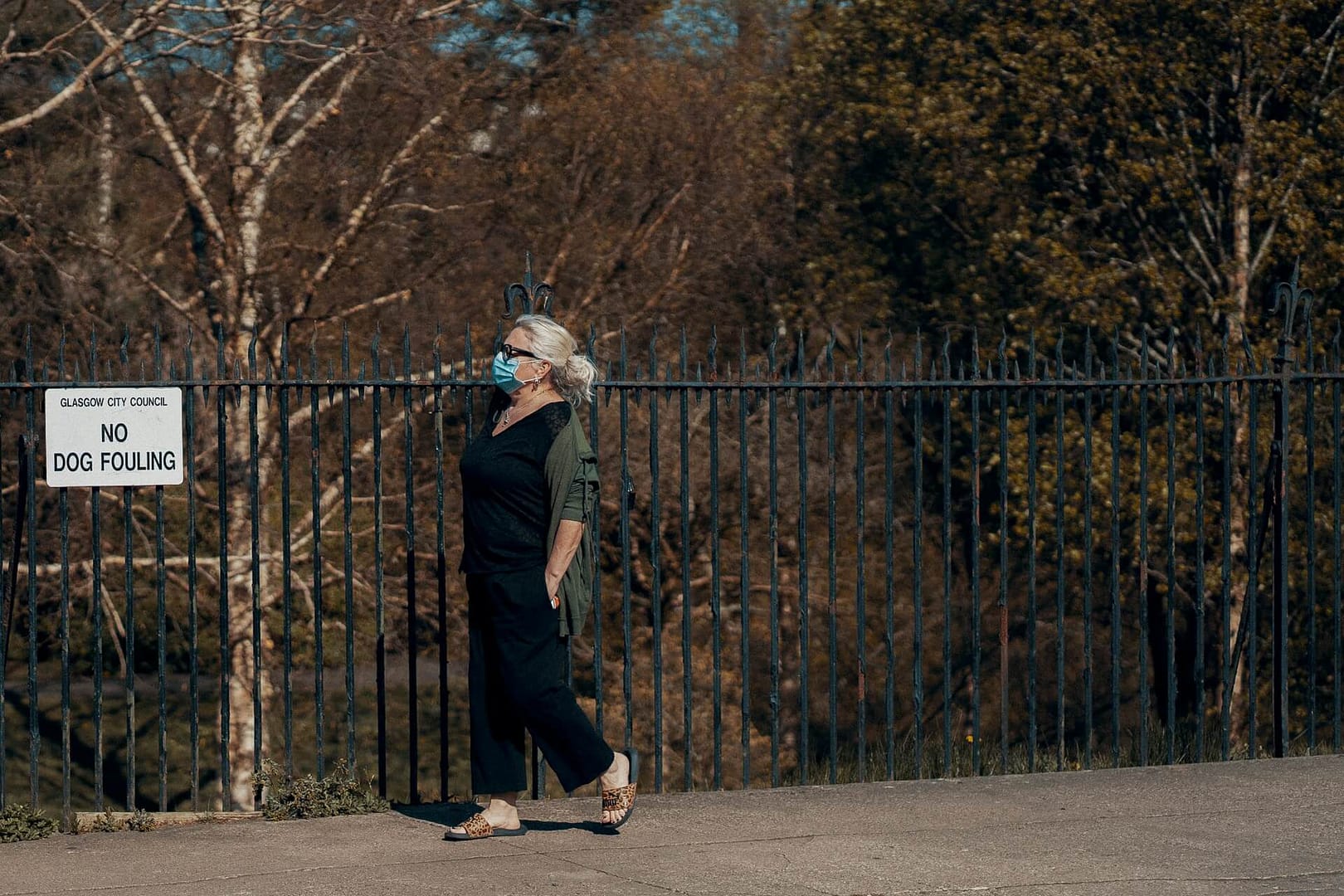Clinical negligence is a phrase that strikes fear into the hearts of many, a situation where the very system meant to heal becomes a source of pain and distress. The impact of clinical negligence on patients and their families is profound, extending far beyond the confines of a hospital room. In this article, we embark on a journey to unravel the consequences of clinical negligence, shedding light on the challenges faced by those affected and how they navigate the difficult path to recovery.
The Shocking Reality
The journey often begins with a shocking revelation. Imagine a scenario where a routine medical procedure goes awry, leading to unforeseen complications. The initial shock of realising that something has gone wrong can be overwhelming for both the patient and their family. It’s in these moments that the true weight of the impact begins to manifest.
Unravelling the Consequences
Emotional Turmoil
The emotional toll of clinical negligence is perhaps the most palpable. Patients and their families are thrust into a whirlwind of emotions – anger, betrayal, confusion, and despair. Trust in the medical system is shattered, leaving scars that may never fully heal. Families grapple with the sense of injustice, questioning how a place of healing could become a source of harm.
Physical Consequences
Beyond the emotional realm, the physical consequences of clinical negligence can be severe and life-altering. A simple error in medication dosage or a surgical misstep can lead to prolonged pain, disability, or even loss of life. The very essence of seeking medical care is to improve one’s health, but clinical negligence can turn this noble pursuit into a nightmare.
Financial Strain
The aftermath of clinical negligence often brings with it an unexpected burden – the financial strain. Medical bills pile up as additional treatments and interventions become necessary to rectify the errors. Families find themselves grappling not only with the physical and emotional fallout but also with the daunting financial implications of medical malpractice.
Dealing with Clinical Negligence
Legal Recourse
Navigating the aftermath of clinical negligence inevitably involves legal recourse. Families seek justice and accountability for the harm caused, often resorting to legal channels to address the negligence. Legal battles, however, are not without their own challenges, requiring time, resources, and emotional stamina.
Support Systems
In the face of adversity, the importance of support systems cannot be overstated. Patients and families affected by clinical negligence often find solace in connecting with others who have walked a similar path. Support groups and counselling services become lifelines, providing a space to share experiences, seek advice, and find strength in unity.
Advocacy for Change
Some individuals choose not only to seek justice for themselves but also to advocate for broader systemic change. They become champions for patient rights, working to raise awareness about clinical negligence and pushing for reforms within the healthcare system. Their efforts extend beyond personal grievances, aiming to prevent others from experiencing similar trauma.
Making a Clinical Negligence with National Claims
From the perspective of National Claims, navigating the complex terrain of clinical negligence is a nuanced claims process. We understand the intricacies involved in pursuing a claim and aim to guide individuals through the legal avenues available. Our commitment lies in ensuring that those affected receive the support and representation they need to seek justice and compensation for the impact of clinical negligence on their lives.
The UK Perspective
In the United Kingdom, where the National Health Service (NHS) plays a pivotal role in healthcare, instances of clinical negligence have sparked public debate. The impact on patients and families reverberates through communities, prompting calls for increased transparency, accountability, and improvements in patient care.

Conclusion
In the intricate web of healthcare, clinical negligence stands as a stark reminder of the fallibility of the system. The consequences ripple through the lives of patients and their families, leaving scars that may never fully fade. While legal avenues and support systems offer a semblance of recourse, the true challenge lies in preventing future instances of clinical negligence.
As we explore the impact of clinical negligence on patients and families, it becomes evident that this is not just a legal or medical issue but a deeply human one. It is a call to action for a healthcare system that prioritises patient well-being, fostering an environment where trust is not just expected but earned. Only through a collective commitment to transparency, accountability, and continuous improvement can we hope to mitigate the impact of clinical negligence on those who entrust their lives to the healing hands of the medical profession.
Get started on your claim with the help of one of our claims specialists by contacting us.
Click below to see why we are one of the most trusted claims management companies in the UK.

We’re proud of our excellent customer reviews
We thrive on delivering exceptional service and ensuring our clients’ satisfaction. Don’t just take our word for it. Check out some of our independent reviews to see what our clients have to say.
Excellent

This firm is excellent, they sorted out my car pay out and injury claim very fast, they always communicate with you all the time.

My accident case was dealt with confidence and with great result of the outcome, especially James kept me informed all the time.

I was very impressed at the way my inquiry was treated. I was listened to attentively and everything I needed to know was explained to me.






